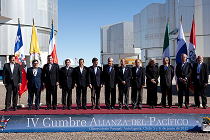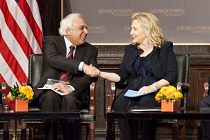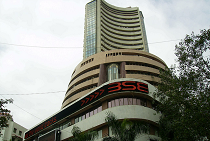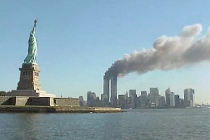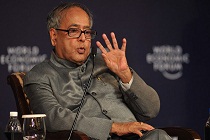The Pacific Alliance, yet another bloc in Latin America
The newly-formed Pacific Alliance bloc seems more like a political club to counterbalance the Atlantic-facing, Brazil-led Mercosur group. However, the bloc accounts for 30% of India’s trade with Latin America. Can India engage the group so it is not left out from their Asia focus?

